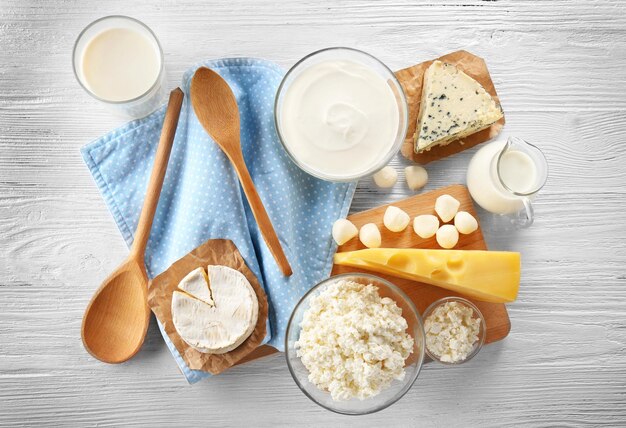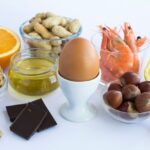Probiotics are live microorganisms that can provide significant health benefits when consumed. These beneficial bacteria are known to improve digestive health, boost immunity, reduce depression, promote heart health, and may even enhance skin appearance.
While probiotic supplements are a popular choice, many fermented foods naturally contain these beneficial bacteria. Below are 11 of the healthiest probiotic foods to include in your diet:
1. Yogurt
Yogurt, made from milk fermented by lactic acid bacteria and bifidobacteria, is one of the best sources of probiotics. It offers benefits such as improved bone health, better gastrointestinal health, and reduced risks of diabetes and certain cancers. Ensure the yogurt you choose contains live or active cultures and avoid varieties with high added sugar.
2. Kefir
Kefir is a fermented milk drink made by adding kefir grains to cow’s or goat’s milk. Rich in diverse probiotics, it may improve bone health, help with digestion, and offer protection against infections. Kefir is also suitable for those with lactose intolerance.
3. Sauerkraut
Sauerkraut is fermented cabbage, rich in probiotics, fiber, vitamins C and K, and antioxidants beneficial for eye health. Choose unpasteurized sauerkraut to ensure it contains live bacteria.
4. Tempeh
Tempeh is a fermented soybean product high in protein and vitamin B12. The fermentation process reduces phytic acid levels, improving the absorption of minerals like iron and zinc. Tempeh is an excellent plant-based protein source, especially for vegetarians.
5. Kimchi
Kimchi is a spicy Korean dish made from fermented cabbage and seasoned with garlic, ginger, and chili. It contains lactic acid bacteria that support digestive health and is also a good source of vitamins K and B2.
6. Miso
Miso, a Japanese seasoning made by fermenting soybeans, is rich in protein, fiber, and nutrients like vitamin K, manganese, and copper. It may reduce the risks of cancer, obesity, and high blood pressure.
7. Kombucha
Kombucha is a fermented tea that contains bacteria and yeast. Though more research is needed, it is believed to have health benefits related to its probiotic content.
8. Pickles
Fermented pickles, made without vinegar, are a good source of probiotics. They are low in calories and high in vitamin K but can be high in sodium.
9. Traditional Buttermilk
Traditional buttermilk, commonly consumed in South Asia, is rich in probiotics. Unlike cultured buttermilk, this variety contains beneficial bacteria.
10. Natto
Natto is a fermented soybean product popular in Japan, rich in protein and vitamin K2, which supports bone and heart health.
11. Cheese
Certain cheeses, such as cheddar, mozzarella, and Gouda, contain probiotics. Cheese is also a good source of protein, calcium, and vitamins, contributing to heart and bone health.
Why Include Probiotic Foods?
Incorporating probiotic-rich foods into your diet can improve digestion, boost immunity, and support overall health. If these foods don’t suit your preferences, probiotic supplements can be an alternative. Always consult a healthcare professional before starting any new supplement.
Probiotics from natural foods or supplements can positively impact your well-being, making them an excellent addition to a balanced diet.








